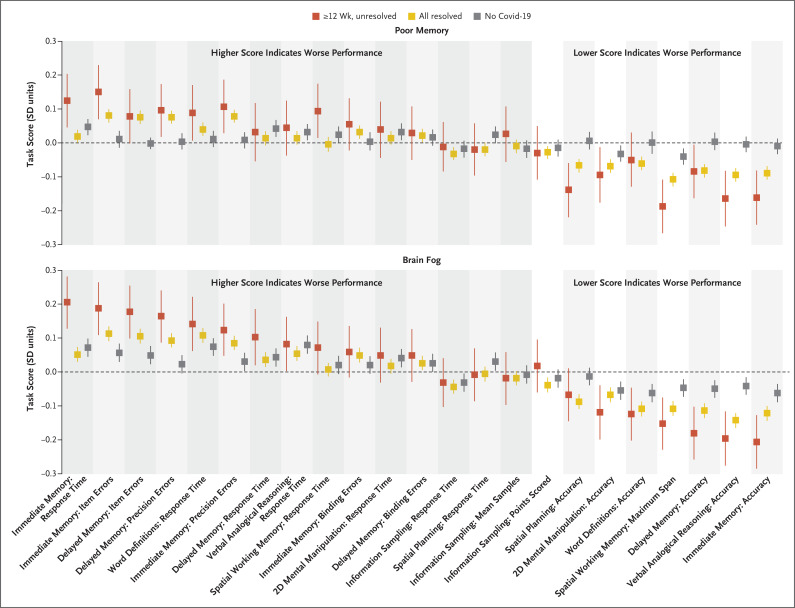Figure 4. Associations of Subjective and Objectively Measured Cognitive Deficits.
Shown are associations of specific cognitive-task performance measures among participants who had poor memory or brain fog in the previous 2 weeks as compared with those who did not. Results are shown for three participant groups: the group with unresolved persistent symptoms (lasting ≥12 weeks), the combined group with resolved symptoms, and the no–Covid-19 group. The direction of the scoring for the individual analyses is shown in the figure. Decrements in performance were greater in the group with unresolved persistent symptoms, with a similar pattern (but smaller decrements) in the group with resolved symptoms. The largest decrements in performance were observed in the memory tasks (immediate and delayed memory and spatial working memory), reasoning tasks (verbal analogical reasoning), and executive tasks (spatial planning) in the group with unresolved persistent symptoms. Definitions of each task are provided in the Supplemental Methods: Cognitive Task Designs section in the Supplementary Appendix. SD indicates the standard-deviation difference in the mean cognitive performance, and error bars indicate the 95% confidence interval.

